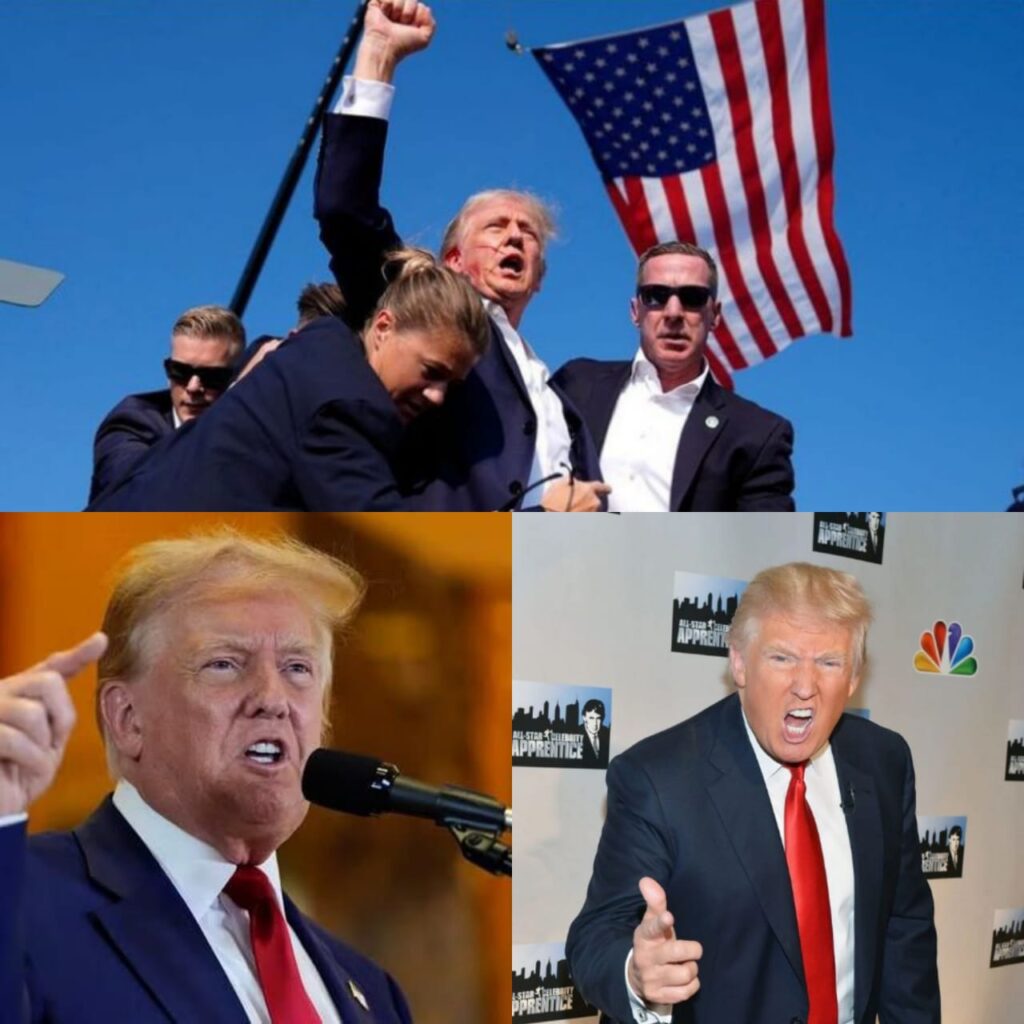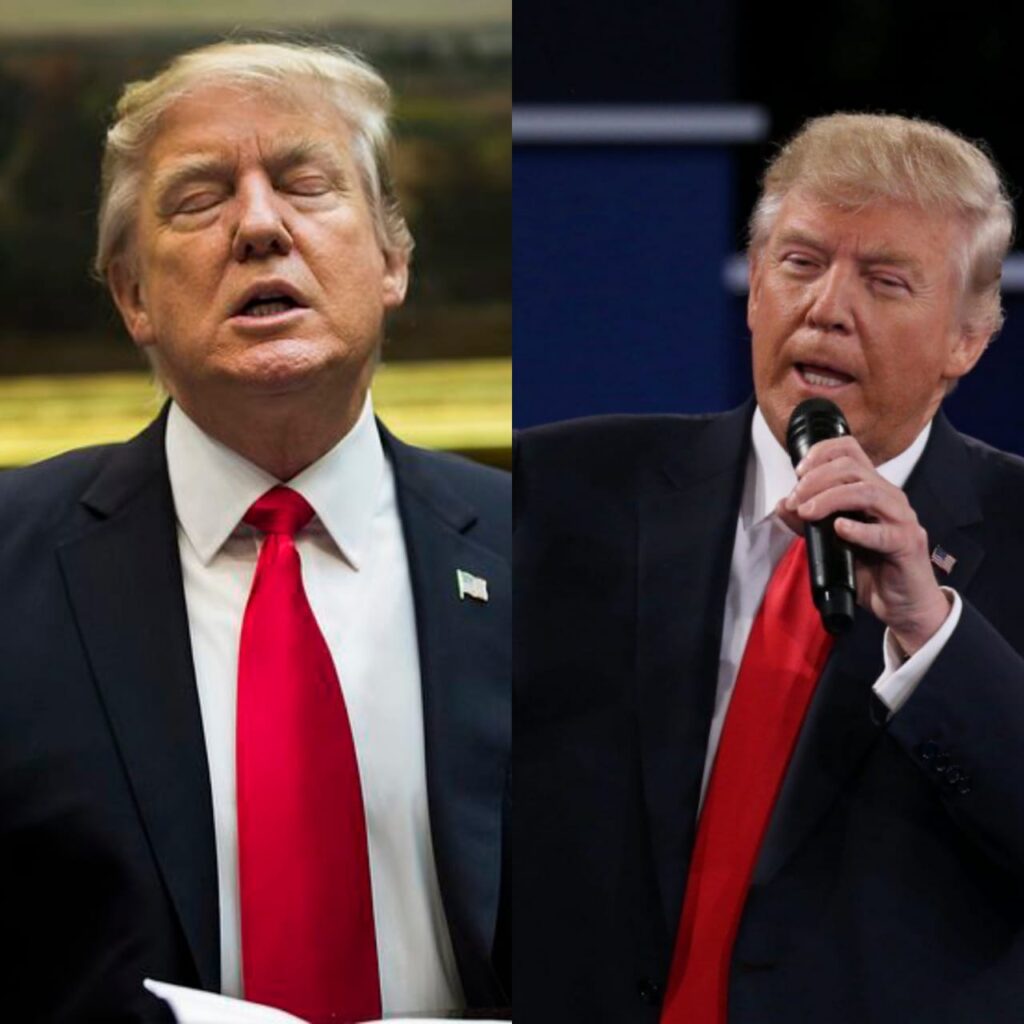

Donald Trump calls tariffs his favorite subject in interview, says ‘it’s the most beautiful word in the dictionary’
Donald Trump took advantage of an opportunity on Tuesday to explain his argument that imposing heavy tariffs on foreign goods would be akin to economic elixir — he claims it would raise huge sums for the government, protect American firms from foreign competition and induce foreign companies to open factories in the United States. Appearing before a friendly audience at the Economic Club of Chicago, the Republican presidential candidate repeatedly insisted that tariffs are misunderstood as an economic tool.
“To me,” Trump said, “the most beautiful word in the dictionary is tariffs. It’s my favorite word. It needs a public relations firm.”
If tariffs need an image makeover, it’s probably because mainstream economists say they’re actually the equivalent of a tax on American consumers, which would make the economy less efficient and drive up inflation in the United States.
Bloomberg News editor-in-chief John Micklethwait, the moderator, often struggled to keep the conversation focused on economics and business. For example, when asked if the government should break up Google after the antitrust case, Trump started talking about fighting voter fraud in Virginia and how, in his view, Google treated him unfairly.
Over and over again, Trump steered the interview back to familiar ground, repeating old stories and talking about immigrants, voter fraud and transgender athletes. He also used a fake foreign accent to recount his dealings with French President Emmanuel Macron and former German Chancellor Angela Merkel.
As president in a second term, Trump said, he would use the threat of tariffs to extract concessions from foreign leaders. He has proposed imposing tariffs of up to 60% on goods coming from China and up to 20% on all other goods imported to the U.S. At times he has threatened to impose even higher tariffs on businesses based in Mexico and on U.S. companies considering moving abroad.
